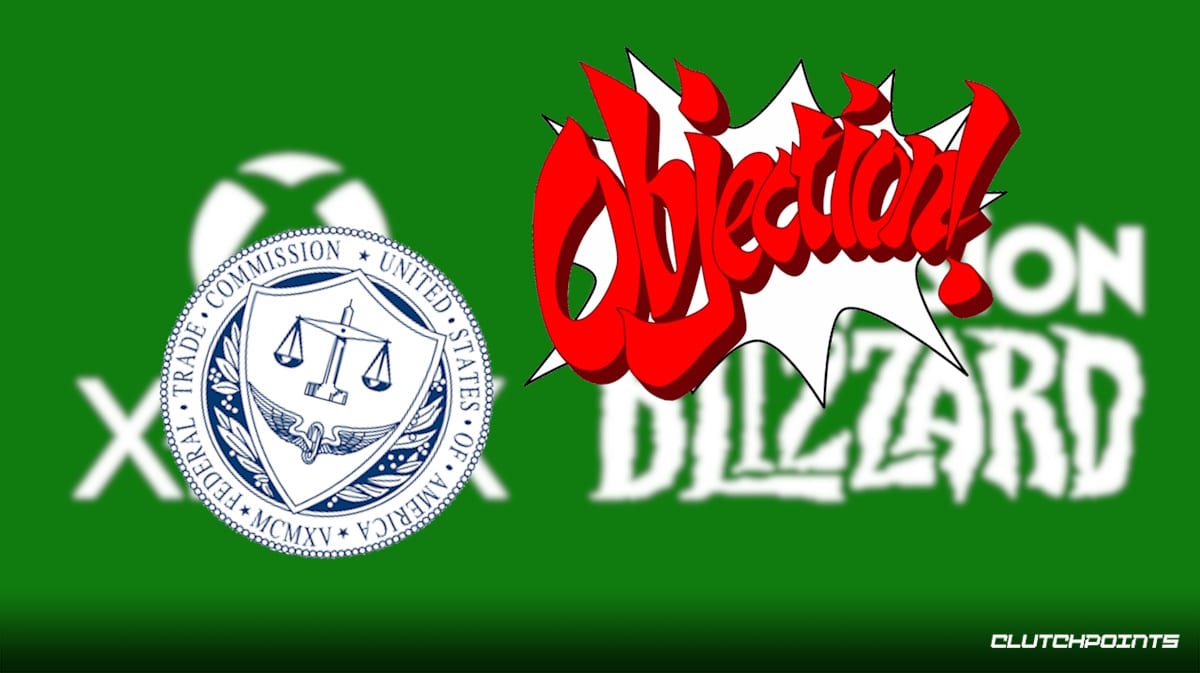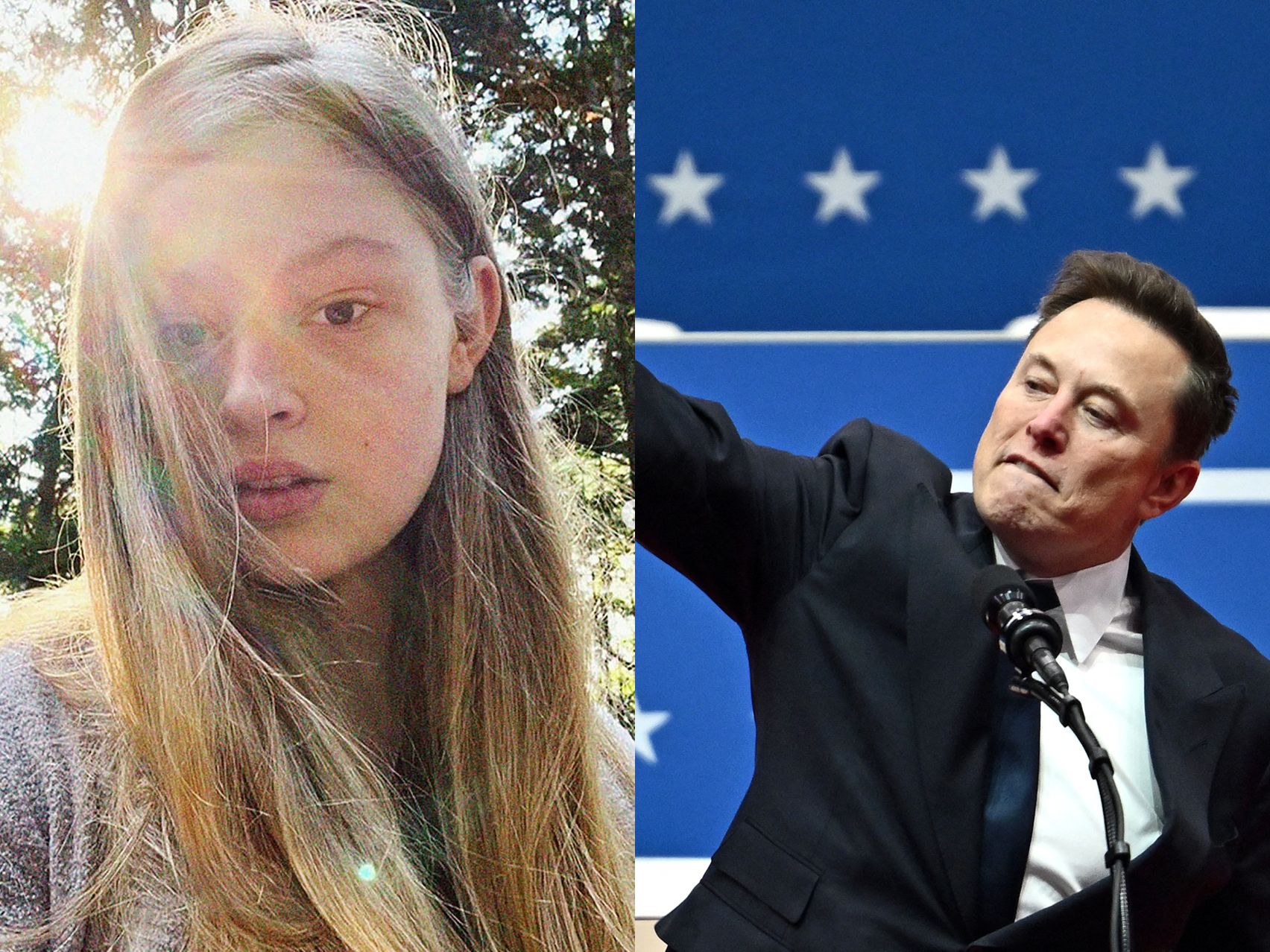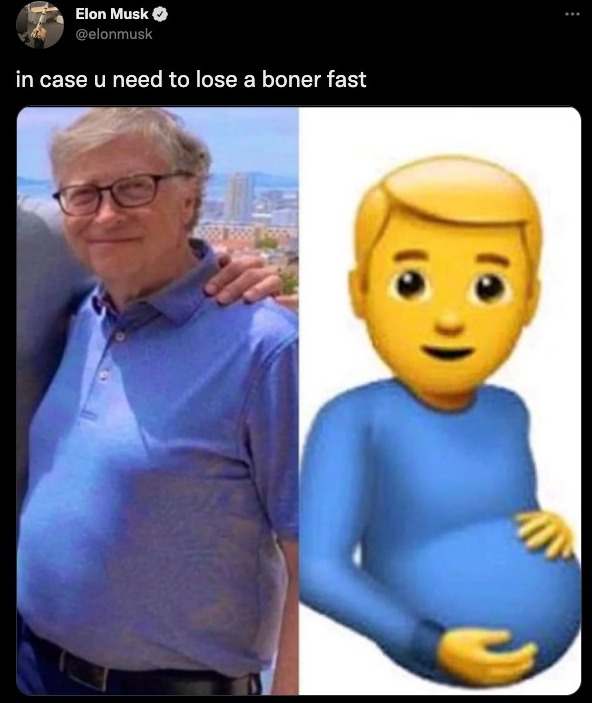FTC To Appeal Activision Blizzard Acquisition Ruling

Table of Contents
The FTC's Arguments Against the Acquisition
The FTC's core argument centers on the potential for Microsoft to leverage its control over Activision Blizzard's titles, particularly the enormously popular Call of Duty, to stifle competition. The commission fears that Microsoft could make Call of Duty and other key franchises exclusive to its Xbox ecosystem or its Game Pass subscription service. This, the FTC argues, would harm competitors like Sony and Nintendo, limiting consumer choice and ultimately harming the gaming industry. The antitrust concerns extend beyond Call of Duty; the FTC worries about the broader impact on competition across multiple gaming genres and platforms. Their legal arguments are multifaceted and draw upon various precedents in antitrust law.
- Argument 1: Enhanced Market Dominance: Microsoft's acquisition would significantly increase its already substantial market share, potentially creating a near-monopoly in certain gaming sectors. This dominance could allow Microsoft to dictate prices, limit innovation, and ultimately harm consumers.
- Argument 2: Restriction of Consumer Choice: Making key franchises exclusive to Xbox or Game Pass would restrict consumers' ability to play these games on their preferred platforms, limiting their options and potentially forcing them to switch ecosystems.
- Argument 3: Potential for Price Increases: With reduced competition, Microsoft could raise prices for games and subscriptions, exploiting its newfound market power to the detriment of gamers.
The Judge's Ruling and its Rationale
In a significant setback for the FTC, a federal district court judge ruled in favor of Microsoft, allowing the acquisition to proceed. The judge's rationale hinged on the evidence presented by both sides. While acknowledging the FTC's concerns about potential anti-competitive practices, the judge ultimately found that Microsoft's proposed remedies, including a 10-year agreement to keep Call of Duty on PlayStation, were sufficient to mitigate these risks. The judge's decision heavily emphasized the strength of Microsoft's defense and the lack of conclusive evidence showing that the acquisition would substantially lessen competition.
- Summary of Key Findings: The judge found that the evidence did not convincingly support the FTC’s claims of substantial harm to competition. The judge gave significant weight to Microsoft's commitment to keep Call of Duty on other platforms.
- Legal Precedent: The ruling draws upon existing antitrust case law, focusing on the need for clear evidence of substantial lessening of competition to justify blocking a merger.
- Microsoft's Counterarguments: Microsoft successfully argued that the acquisition would foster innovation and benefit consumers through broader access to games via Game Pass. They also highlighted the competitive landscape of the gaming market, arguing that it remains dynamic and diverse.
Implications of the FTC's Appeal
The FTC's appeal to the Ninth Circuit Court of Appeals introduces significant uncertainty. The appeal process could be lengthy, potentially delaying or even ultimately preventing the completion of the acquisition. This legal battle has far-reaching implications, extending beyond just the Activision Blizzard deal. The outcome will set a crucial precedent for future mergers and acquisitions in the tech industry, influencing how antitrust regulators approach similar cases involving large tech companies.
- Potential Timeline: The appeal process could take months, or even years, to resolve.
- Likelihood of Success: The FTC's chances of success on appeal are uncertain, depending on the court's interpretation of the evidence and the legal arguments presented.
- Impact on Microsoft: A successful appeal could significantly impact Microsoft's stock price and its overall business strategy.
- Broader Implications: The case will significantly shape the future of antitrust law and the regulatory landscape for tech mergers.
Impact on Gamers
The outcome of the appeal will directly impact gamers. If the appeal is successful, and the acquisition is blocked, gamers will likely see no change in the availability of Activision Blizzard games. However, if the acquisition proceeds, the long-term effects remain uncertain. Gamers on PlayStation might see Call of Duty remain available, at least for the next 10 years, but concerns about exclusive content and potential price increases persist. PC gamers may benefit from increased Game Pass availability, while Xbox players will naturally benefit from increased game access. The overall effect remains contingent on Microsoft's post-acquisition decisions.
Conclusion
The FTC's appeal of the Activision Blizzard acquisition represents a critical juncture in the ongoing debate over competition within the gaming industry. The outcome of this legal battle will profoundly impact gamers, developers, and the future of tech mergers. A decision either way will establish significant legal precedent and reshape the competitive landscape of the gaming market.
Call to Action: Stay informed about the FTC's appeal of the Activision Blizzard acquisition. Follow the latest developments in this pivotal case, which will significantly influence the gaming landscape. Continue to monitor news and analysis surrounding the Activision Blizzard acquisition and FTC antitrust actions to fully understand their impact on the gaming world.

Featured Posts
-
 Trump Kueldoette Titokban Talalkozott Putyinnal
May 27, 2025
Trump Kueldoette Titokban Talalkozott Putyinnal
May 27, 2025 -
 Congres Du Parti Socialiste La Menace D Une Opposition Unie A Olivier Faure
May 27, 2025
Congres Du Parti Socialiste La Menace D Une Opposition Unie A Olivier Faure
May 27, 2025 -
 Nine Killed In Katsina Attack Policeman Among Victims
May 27, 2025
Nine Killed In Katsina Attack Policeman Among Victims
May 27, 2025 -
 J Los Excitement The Icon She Cant Wait To See
May 27, 2025
J Los Excitement The Icon She Cant Wait To See
May 27, 2025 -
 Saint Ouen Aide Ses Locataires Regularisation Charges Jusqu A 2000 E
May 27, 2025
Saint Ouen Aide Ses Locataires Regularisation Charges Jusqu A 2000 E
May 27, 2025
Latest Posts
-
 Elon Musks Daughters New Career A Closer Look
May 30, 2025
Elon Musks Daughters New Career A Closer Look
May 30, 2025 -
 From Silicon Valley To Runway Vivian Musks Journey
May 30, 2025
From Silicon Valley To Runway Vivian Musks Journey
May 30, 2025 -
 Analysis Of Vivian Jenna Wilsons Modeling Debut And Family Life
May 30, 2025
Analysis Of Vivian Jenna Wilsons Modeling Debut And Family Life
May 30, 2025 -
 A Public Feud Bill Gates Serious Allegations Against Elon Musk And The Response
May 30, 2025
A Public Feud Bill Gates Serious Allegations Against Elon Musk And The Response
May 30, 2025 -
 The Musk Gates Dispute Accusations Of Negligence And Child Mortality
May 30, 2025
The Musk Gates Dispute Accusations Of Negligence And Child Mortality
May 30, 2025
